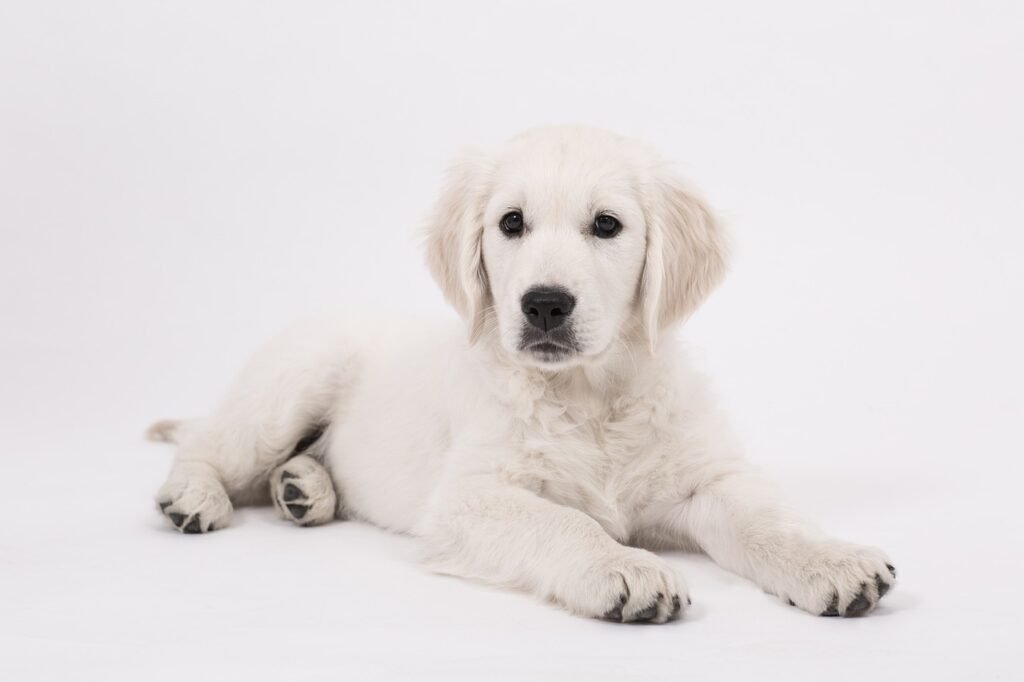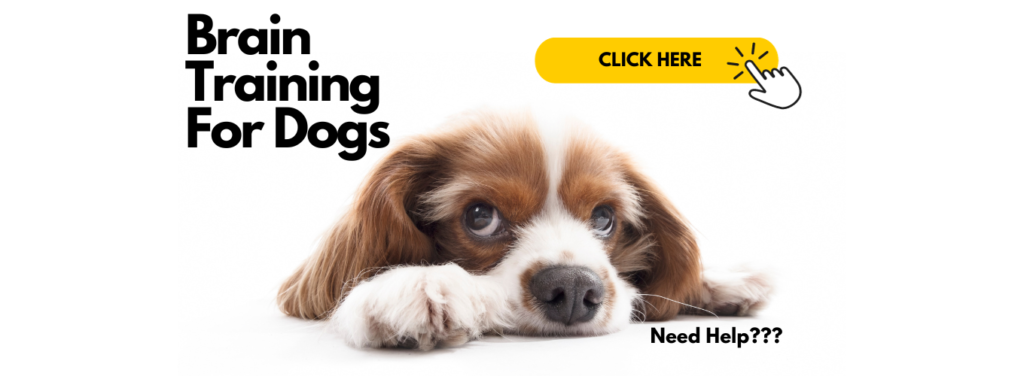
Inheriting a Dog: Steps for Success
Inheriting a dog can be both a rewarding and challenging experience. Whether you have unexpectedly become the caretaker of a furry friend or have intentionally taken on the responsibility, understanding the steps for success is crucial to ensure a harmonious bond with your newly inherited companion. This article provides a comprehensive guide that covers various aspects of inheriting a dog, including understanding the responsibilities, evaluating their health and well-being, establishing a strong connection, implementing training techniques, adapting your lifestyle, navigating legal and financial considerations, seeking professional help and support, and ultimately ensuring a lifetime of happiness and care for your inherited dog. By following these steps, you can embark on a fulfilling journey as a dog owner and provide your furry friend with the love, care, and attention they deserve.
1. Understanding the Responsibilities of Inheriting a Dog

1.1 Researching the Dog’s Breed and Specific Needs
Inheriting a dog comes with a unique set of responsibilities, and it’s important to first understand the specific needs of your new furry friend. Take the time to research the breed of the dog you’ve inherited. Are they known for high energy levels? Do they have any hereditary medical conditions? Knowing these details will help you provide the best care possible.
1.2 Assessing Your Availability and Commitment
Owning a dog is a long-term commitment, so take a good look at your schedule and assess whether you can provide the time and attention your inherited dog needs. Dogs require daily exercise, feeding, grooming, and companionship. If you’re constantly on the go or have a hectic lifestyle, it may be worth considering if you’re truly ready to take on this responsibility.
2. Evaluating the Dog’s Health and Well-being
2.1 Scheduling a Veterinary Check-up
A visit to the vet is crucial to ensure your inherited dog is in good health. Schedule a check-up as soon as possible, even if the previous owner has provided medical records. A professional assessment will help identify any underlying health issues and set a foundation for your dog’s ongoing care.
2.2 Addressing Any Existing Medical Conditions
If your inherited dog has any pre-existing medical conditions, make sure to follow the vet’s recommendations for treatment and management. This might involve medication, specialized diet, or regular monitoring. Ensure you understand the requirements and commit to providing the necessary care.
2.3 Ensuring Proper Nutrition and Hydration
Proper nutrition and hydration are key to your dog’s overall well-being. Consult with your vet to select the right food for your dog’s age, size, and specific needs. Remember to provide fresh water at all times, and keep an eye on their eating habits to ensure they’re maintaining a healthy weight.
3. Establishing a Bond with Your Inherited Dog

3.1 Allowing for Adjustment Period and Patience
When bringing a new dog into your home, remember that it takes time for them to adjust to their new surroundings and bond with you. Be patient and understanding during this initial period, and give them space when needed. Your inherited dog will gradually become more comfortable and open up to building a relationship with you.
3.2 Building Trust through Positive Reinforcement
Trust is the foundation of any strong bond. Use positive reinforcement techniques, such as treats and praise, to reward good behavior and build trust with your dog. By focusing on positive interactions, you’ll create a safe and nurturing environment for your inherited dog.
3.3 Engaging in Regular Play and Exercise
Playtime and exercise not only keep your dog physically fit but also strengthen the bond between you. Make sure to engage in regular play sessions and provide opportunities for exercise, such as walks or trips to the dog park. It’s a win-win situation: bonding time plus a tired and content pup!
4. Implementing Training and Socialization Techniques
4.1 Basic Obedience Training
Training is essential for a well-behaved dog. Start with basic obedience training, teaching commands like sit, stay, and come. Consistency and positive reinforcement will help your inherited dog understand and follow your commands.
4.2 Introducing Proper Socialization with Other Animals and People
Socialization is crucial for your inherited dog’s mental and emotional well-being. Gradually introduce them to other animals and people in a controlled and positive environment. This will help them develop good social skills and reduce anxiety in different situations.
4.3 Addressing Behavioral Challenges
Every dog has their quirks, and your inherited dog may come with some behavioral challenges. If you encounter issues like separation anxiety or excessive barking, seek guidance from a professional dog trainer or behaviorist. They can provide valuable insights and help you address these challenges effectively.
Remember, inheriting a dog is a special opportunity to provide a loving home for a furry friend in need. With proper understanding, care, and training, you can create a wonderful life together. So grab that leash and get ready for a life filled with tail wags and unconditional love!
5. Adapting Your Lifestyle to Accommodate a Dog

5.1 Creating a Safe and Dog-Friendly Living Environment
When you inherit a dog, it’s important to create a living environment that is safe and conducive to their needs. That means getting rid of any potential hazards, like toxic plants or cleaning products that could be within their reach. Invest in some dog-proofing tools like baby gates or cabinet locks to keep your curious canine out of trouble. And of course, don’t forget to provide them with a cozy spot to call their own, complete with a comfy bed and some toys to keep them entertained.
5.2 Establishing a Daily Routine and Schedule
Dogs thrive on routine, so it’s crucial to establish a daily schedule that includes regular feeding times, potty breaks, exercise, and playtime. Consistency is key here. Set a reliable routine, and your furry friend will thank you for it. Plus, having a routine can also make your own life easier, because you’ll know when to plan your own activities around your dog’s needs.
5.3 Planning for Exercise and Mental Stimulation
Just like humans, dogs need exercise to stay fit and healthy. Make sure to incorporate regular walks or playtime into your daily routine. Not only will this help keep your dog physically active, but it will also provide mental stimulation and prevent boredom. Consider taking your pup to a nearby park or beach for some off-leash fun or engage them in interactive toys that challenge their problem-solving skills. A tired dog is a happy dog, and hey, it might even tire you out too!
6. Navigating Legal and Financial Considerations

6.1 Updating Ownership and Registration Information
Once you’ve inherited a dog, it’s important to update their ownership and registration information. This ensures that you are legally recognized as their new owner and can be held responsible for their care. Contact your local animal control or licensing agency to find out the requirements for updating ownership, and make sure to have all the necessary documentation ready.
6.2 Understanding Licensing and Vaccination Requirements
In most places, dogs are required to be licensed and have up-to-date vaccinations. Research your local laws and regulations regarding licensing and make sure your dog is properly vaccinated. Not only is this a legal requirement, but it’s also crucial for your dog’s health and the safety of other pets and humans they may come into contact with.
6.3 Budgeting for Expenses Related to Dog Ownership
Let’s face it, dogs can be expensive. From food and grooming to veterinary care and unexpected expenses, owning a dog comes with financial responsibilities. Before you inherit a dog, make sure you’re prepared to budget for these expenses. Create a dog-specific budget and factor in costs for food, vet visits, toys, grooming, and any other recurring or unexpected costs that might come up. It’s always better to be financially prepared so that you can provide the best care for your furry friend without breaking the bank.
7. Seeking Professional Help and Support
7.1 Consulting with a Veterinarian or Dog Trainer
If you’re new to dog ownership or if you come across any challenges, remember that professional help is available. Don’t hesitate to consult with a veterinarian or a dog trainer for advice and guidance. They can provide valuable insights on your dog’s nutrition, behavior, and health concerns. Whether it’s choosing the right food or addressing any behavioral issues, these experts can make your journey as a new dog owner smoother and less ruff.
7.2 Utilizing Supportive Resources and Online Communities
In addition to professional help, online resources and communities can be a great source of support and advice. From social media groups to forums and websites dedicated to dog ownership, you can find a wealth of information and connect with other dog owners who have been through similar experiences. Just make sure to take everything with a grain of kibble and remember that every dog is unique, so what works for one might not work for another.
7.3 Considering Doggie Daycare or Dog Walking Services
Life can get busy, and sometimes you might need extra help in taking care of your dog. If you’re juggling a hectic schedule or going on a vacation, consider enlisting the services of a doggie daycare or a dog walker. Not only will your pup get some exercise and socialization, but you’ll also have the peace of mind knowing that they’re in good hands. It’s like sending your dog on a fun playdate while you conquer the world (or at least your to-do list).
8. Ensuring a Lifetime of Happiness and Care for Your Inherited Dog

8.1 Providing Proper Grooming and Hygiene
To keep your inherited dog looking and feeling their best, regular grooming is essential. This includes brushing their coat, trimming nails, cleaning their ears, and giving them baths when needed. And hey, a little pampering session can be a bonding experience too! Plus, it’ll make your dog the envy of their canine friends, who will undoubtedly wonder how they always manage to look so fetching!
Closing Thoughts
Inheriting a dog comes with its own set of challenges, but with the right approach and commitment, it can also be an immensely rewarding experience. By understanding and fulfilling the responsibilities, taking care of your dog’s health, training them with patience and love, adapting your lifestyle, and seeking support when needed, you can create a strong and lifelong bond with your inherited companion. Remember, being a responsible dog owner is an ongoing journey that requires dedication and care. As you navigate this journey, may your inherited dog bring you joy, love, and companionship for years to come.
Frequently Asked Questions (FAQ)
1. What do I need to consider before inheriting a dog?
Before inheriting a dog, it is important to assess your availability, commitment, and lifestyle to ensure you can provide the necessary care and attention. Researching the specific needs of the dog’s breed is also crucial in understanding what to expect and how to best meet their requirements.
2. How do I establish a bond with an inherited dog?
Establishing a bond with an inherited dog takes time and patience. Allowing for an adjustment period, building trust through positive reinforcement, and engaging in regular play and exercise are essential steps. Consistency, love, and understanding will help nurture a strong and lasting connection.
3. What resources are available for professional help and support?
When facing challenges or seeking guidance, consider consulting with a veterinarian or dog trainer who can provide expert advice. Additionally, online communities and resources dedicated to dog ownership can offer valuable support, tips, and experiences shared by fellow dog owners.
4. How can I ensure the long-term happiness and care of an inherited dog?
To ensure a lifetime of happiness and care for your inherited dog, prioritize their well-being by providing proper grooming, nutrition, and regular veterinary check-ups. Maintain their mental and physical stimulation through exercise and play. Continuing to educate yourself on dog care and being a responsible owner will contribute to their overall happiness and well-being.

